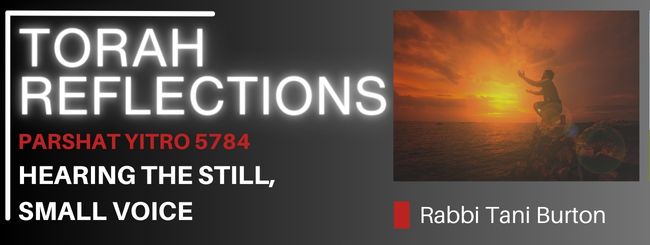Torah Reflections: Conversations on the Weekly Parshah
בס”ד
Integrating Torah into one’s life through reflection and conversation can be an incredibly fun and engaging experience. It’s a journey of discovery, where ancient wisdom and timeless teachings come to life in our daily experiences. Through reflection, we have the opportunity to dive deep into the rich tapestry of Torah, extracting profound insights and lessons that resonate with our modern lives. The joy lies in the ‘aha’ moments, those instances when a Torah verse or story suddenly connects with our personal challenges, aspirations, and values. And when we engage in conversations about Torah with others, it becomes an interactive exploration, where diverse perspectives and interpretations enhance our understanding. These dialogues often spark excitement and intellectual curiosity, making the learning process both enjoyable and fulfilling. Torah becomes a vibrant and dynamic part of our lives, offering not just guidance but also a source of endless fascination, connection, and growth.
NOTE: Don’t feel obligated to go through every source or answer all the questions—unless you want to. Even one source, or one question will give you plenty of material for discussion and meditation. Enjoy this!
Some thoughts from the parsha
In Exodus 18:1, Jethro learns of G-d’s extraordinary deeds, including the Red Sea’s splitting and the victory over Amalek.
Rebbe Nachman of Breslov explores the profound meanings behind these events. The victory over Amalek, achieved specifically through the prayer and fasting of Moses, Aaron, and Hur, symbolizes repentance—a return to spiritual purity. The splitting of the Red Sea, accompanied by the merging pillars of fire and cloud, signifies the suspension of time. Originally separate symbols for night and day, these pillars unite, creating a momentary halt in time. This suspension is crucial for hearing the “still, small voice” of holiness. Repentance, highlighted during holy days like Rosh Hashanah and Yom Kippur, serves as a spiritual reset, challenging the idea that sin’s damage is irreversible. By understanding the specific role of prayer and fasting in the victory over Amalek, we are encouraged to actively listen for the voice of holiness and celebrate the transformative power of repentance in their lives.
Questions for Personal Reflection
- Can you think of a time in your life when repentance or seeking forgiveness helped you overcome the consequences of a mistake or wrongdoing?
- Reflect on a moment of stillness or calm in your life. How did it create an opportunity for self-reflection and spiritual connection?
- Consider a situation where actively listening played a crucial role in understanding a deeper truth or finding spiritual guidance in your life.
- Have you ever experienced a personal transformation or renewal through a combination of prayer, fasting, or intentional spiritual practices?
- In your daily routine, how do you carve out moments for quiet reflection or mindfulness, allowing you to hear the “still, small voice” amid life’s distractions?
Shabbat Shalom!
By Rabbi Tani Burton
© Copyright, all rights reserved. If you enjoyed this article, we encourage you to distribute it further.
Our blogs may contain text/quotes/references/links that include copyright material of Mechon-Mamre.org, Aish.com, Sefaria.org, Chabad.org, and/or AskNoah.org, which we use in accordance with their policies.
